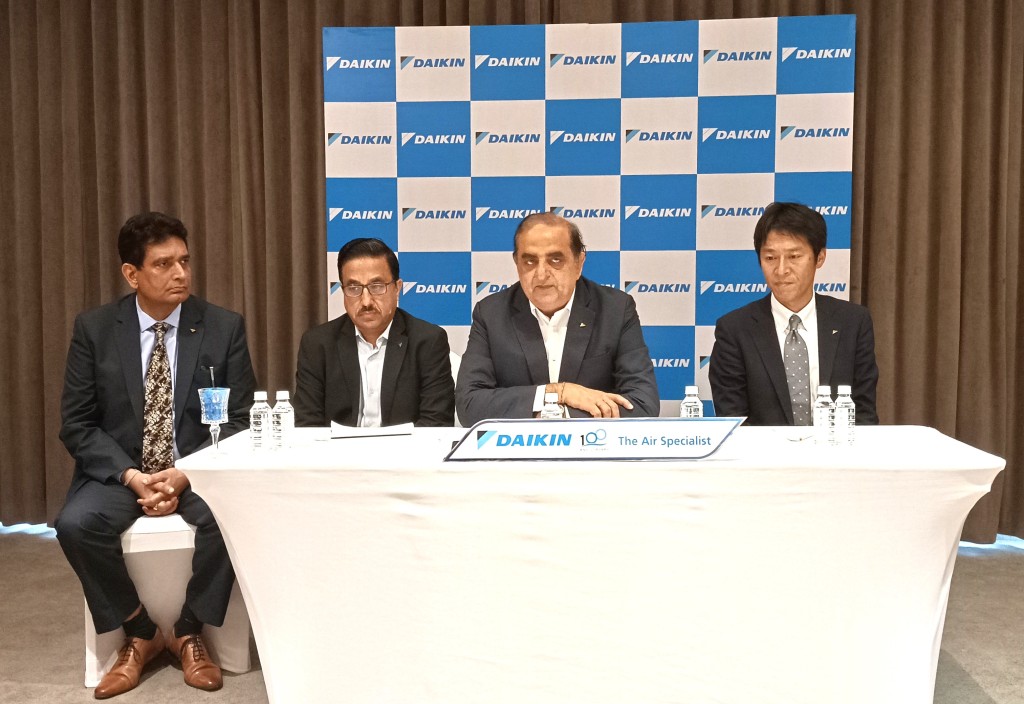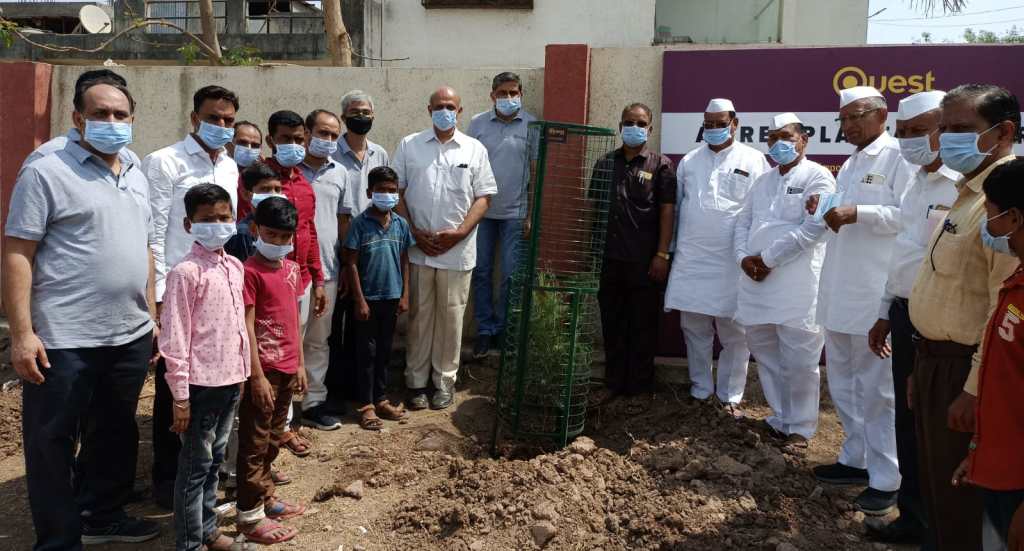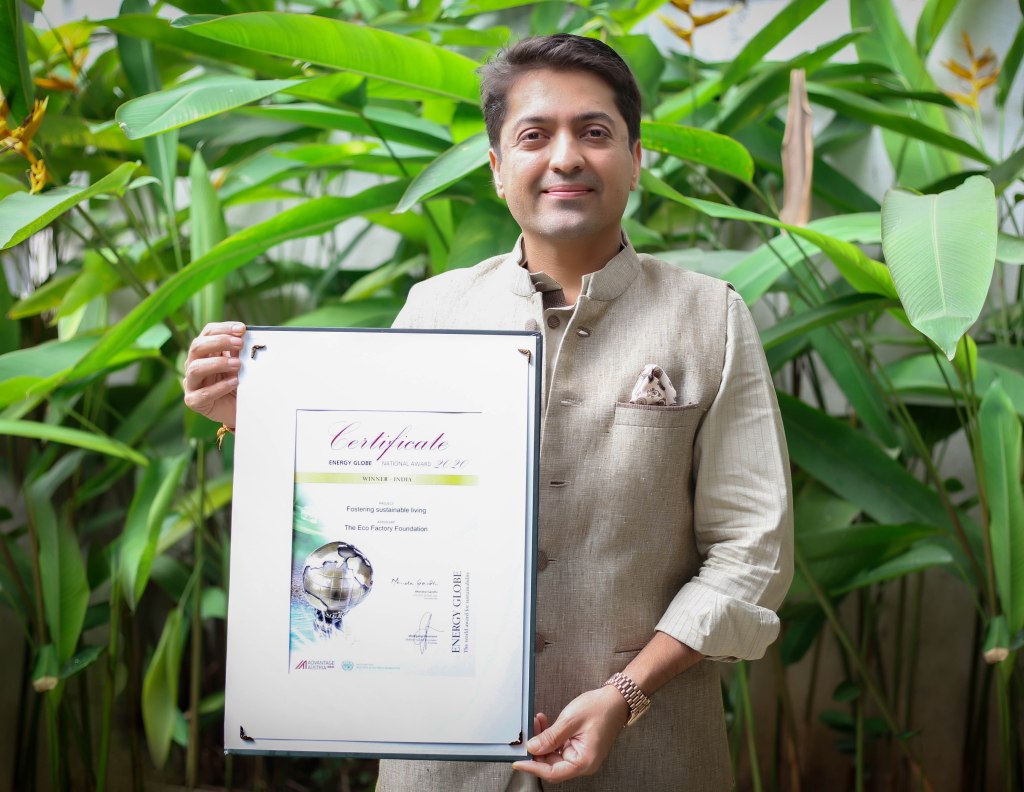Daikin Airconditioning India Pvt. Ltd. is thrilled to announce a significant milestone in our journey of innovation and service excellence. Daikin Airconditioning India Pvt. Ltd. (DAIPL), the fully owned subsidiary of Daikin Industries Ltd., Japan & the market leader in the air-conditioning market in India today inaugurated its new office at 704 & 705A, 7th Floor, Orville Business Port, West Avenue Road, Opposite konark Epitome Viman Nagar, Pune
This new office space mirrors our commitment to the potential of Maharashtra & its discerning customers. With gaining Daikin confidence across Maharashtra, it is imperative that we reflect the commitment of quality & elegance in our operations. This new premises will house departments such as – all product Sales, Service, Technical Support & other Support functions, that will act as an enabler for both channel partners & customers. We see Maharashtra as our top potential market, so we will continue to invest in developing the market with a view to dominate the overall AC market. Today, the Daikin products bring with them with strong technology from Daikin Global that offers lower cost of ownership and topped with unmatched quality and durability.
On this occasion, Mr. Kanwal Jeet Jawa, Chairman & Managing Director, Daikin India said, “As we celebrate this remarkable centenary, we reflect with pride on Daikin’s journey from its inception in 1924 to becoming a global leader in the HVAC industry. This milestone is not just a testament to our pioneering spirit and technological advancements but also to the unwavering trust and support of our esteemed customers, partners, and dedicated employees.”
“In India, Daikin has established itself as a household name synonymous with quality and innovation. Our journey in India has been marked by significant achievements, including the establishment of state-of-the-art manufacturing facilities, introduction of cutting-edge products, and a steadfast commitment to sustainability.”
“As we commemorate 100 years of excellence, we reaffirm our commitment to driving innovation and sustainability in the HVAC industry. Our future initiatives will focus on enhancing energy efficiency, reducing our environmental impact, and leveraging advanced technologies to meet the evolving needs of our customers in India.”
“With India demonstrating a robust upward growth & business trajectory, we have plans to get aggressive in our approach across Maharashtra and the new products remain a key step towards strengthening Daikin’s endeavor to capture significant market share.”
With this new office, we are committed to provide unmatched consumer experience with network of highly trained sales, service and maintenance through our strong dealer network & employees. Daikin India has grown over 28 % in the last year, and it aims to reach a revenue of INR 16,000 crores by 2025, prompting us to launch a host of new products & increase our dealer network extensively. With robust infrastructure & housing development, we are witnessing a high demand for smart & energy efficient air-conditioning solutions. We are planning to invest in heavy marketing & promotions across Maharashtra to secure 30 % market share end of FY 24-25.”
Daikin India operationalised its new facility at Sri City, Andhra Pradesh, spread across 75.5 acres to reaffirm its commitment for excellence and innovation; positioned to cater the increasing demand for air conditioning products manufactured in India, for domestic and international consumption. Daikin as the principal investor in the Production Linked Incentive (PLI) program in the AC category, implemented by the government to encourage domestic production of air conditioners.



